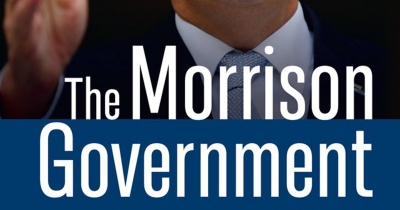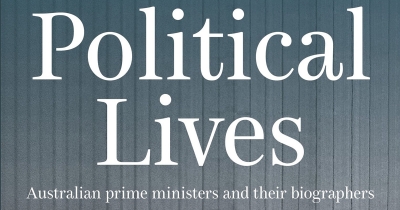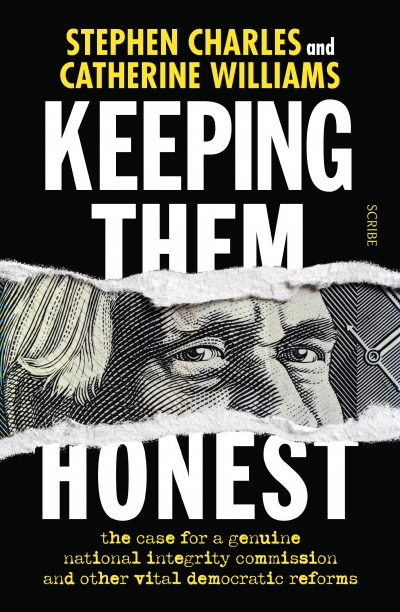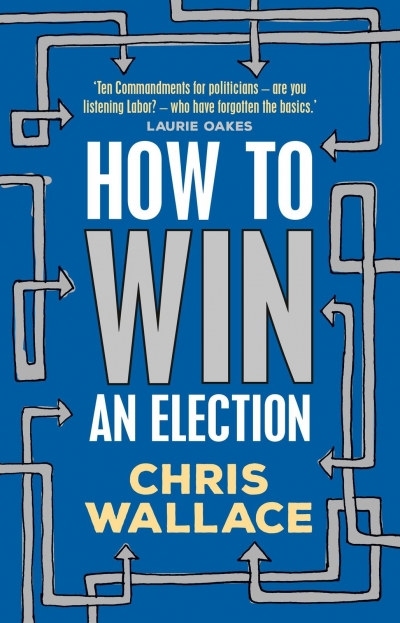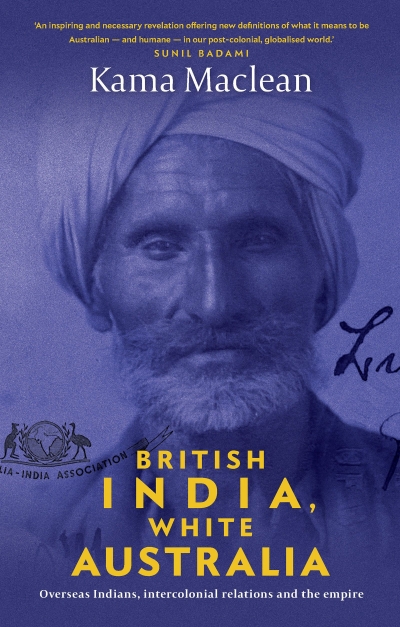Chris Wallace
The Morrison Government: Governing through crisis, 2019-2022 edited by Brendan McCaffrie, Michelle Grattan and Chris Wallace
by Patrick Mullins •
Political Lives: Australian prime ministers and their biographers by Chris Wallace
by James Walter •
Keeping Them Honest: The case for a genuine national integrity commission and other vital democratic reforms by Stephen Charles and Catherine Williams
by Chris Wallace •

